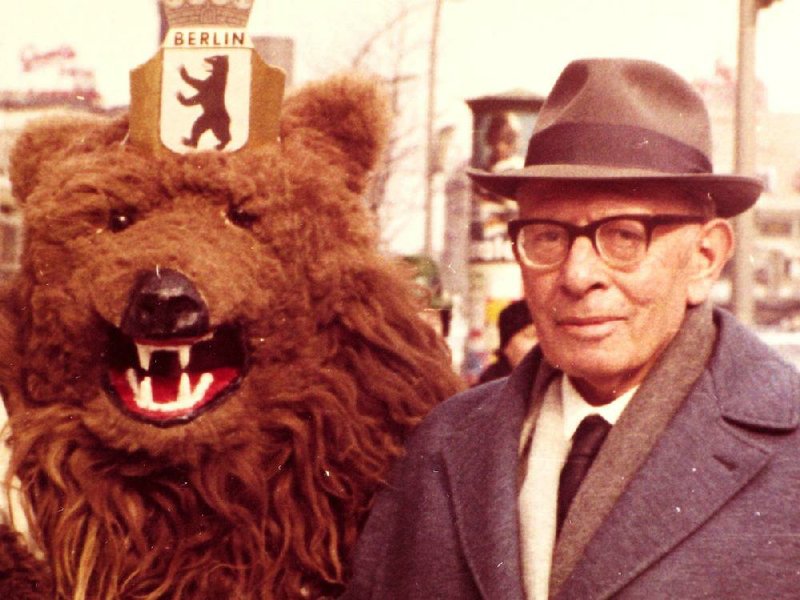LITTLE ROCK — Arnon Goldfinger’s The Flat starts out as a prosaic family story: The filmmaker’s 98-year-old grandmother, Gerda, has died, and her apartment in Tel Aviv — which she has inhabited for more than 70 years, since she left Germany in the 1930s — must be cleaned out. Her long residency and frugal personality have combined to present her heirs with a daunting job. Someone will have to go through grandma’s things, to sift through her piles of documents and tchotchkes and judge what is fit to sell or cherish, and what goes into the garbage bags.
While the apartment doesn’t seem especially disorderly, Grandma was loathe to let things go. Her closets are tight with musty clothes, she has boxes of silk opera gloves and more than a couple of antique fox stoles. Gerda’s daughter is all business sorting through the junk (who would want to keep letters from people they don’t even know?); her grandchildren are more charmed by the petty secrets given up by the drawers.
It’s alternately depressing and moving — the book dealer ruefully reports that there’s no real market for her leatherbound volumes of Balzac and Goethe, though Americans do buy them by the yard “to look cultured.” But no one in Germany — all the books are in German, for despite her decades in Israel, Gerda never learned Hebrew — reads these authors anymore.
But then, among Gerda’s papers they find some old magazine articles, a series published under the rubric “A Nazi Travels to Palestine” in a fascist tabloid in the ’30s. What is this propaganda doing in granny’s flat?
That’s the mystery at the heart of Goldfinger’s film, and the answer is surprising and strangely uplifting, in that it seems to evidence an impossible and enduring friendship. The Nazi of the piece is Leopold von Mildenstein, an SS officer who was Adolf Eichmann’s predecessor in the “Jewish Affairs” division of the SS.
Von Mildenstein was a proponent of Zionism, which for a time had the support of the Nazis (as it removed Jews from Germany). Goldfinger’s grandparents traveled with him as he toured the Middle East and considered him a friend, even after the war — and the Holocaust, in which von Mildenstein played a significant (though disputed) role.
Goldfinger picks up and follows this thread, examining his family’s capacity for denial and constancy, for repression (and record-keeping) as he discovers a new character, a woman of considerable charm and culture who knew his grandparents in a way none of his relatives could have. But how well did she know her own father?
It’s a mesmerizing detective story reminiscent of Sarah’s Key, though with an oddly uplifting ending that suggests a commonality of the human spirit that supersedes ideology. It teases up issues of survivor’s guilt and identity politics — though they lived less than 30 years in Germany, Goldfinger’s grandparents never genuinely assimilated into Israeli culture — but mostly it’s a movie about the things adults don’t talk about with, or in front of, their kids.
The Flat
89 Cast: Documentary Director: Arnon Goldfinger Rating: Not rated Running time: 97 minutes
MovieStyle, Pages 38 on 12/07/2012
